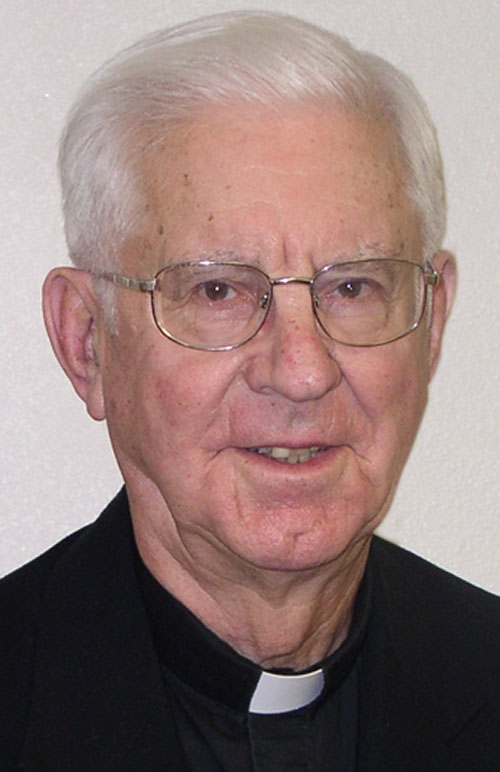You are here
Home ›Word for Word 8/17/22

Msgr. Ed Lechtenberg
For your meditation: Isaiah 66:18-21; Hebrews 12:5-7, 11-13; Luke 13:22-30
God is speaking to you and me, let’s listen.
I hope this doesn’t sound too much like a geography lesson, but I sometimes get caught up in trivial details and I’m afraid that happened to me when I sat down to write this “Word for Word” column.
But where the heck are Tarshish, Put, Lud, Mosoch, Tubal and Javan? Have you even heard of these places before? Are they even real places?
Well, they are real places. We’ll get back to them. The reading from Isaiah is from the very end of the book of Isaiah. The time in history being talked about is at the very end of the Babylonian captivity. By this time the Israelites have been scattered “all over the world,” which means all over the world that they know. In other words, all over the Mediterranean Sea Basin.
The point Isaiah is making is that God of the Israelites is the only God there is. And he is not just the God of the Israelites, He is the God of all peoples.
Back to those funny names, Tarshish is the Hebrew name for the country we call Spain. Put was Libya in northern Africa. Lud was an area in southern Turkey and Javan was in Ionia, which is modern day Greece. If you can visualize all of these places geographically, they are places, like Israel, that surround the Mediterranean Sea. In other words, they are all the places in the world, that is, the world they knew.
To say Tarshish, Lud, Put, Mosoch, Tubal and Javan to the Hebrew is like saying Europe, Asia, Africa and the Americas to us.
The point our scriptures are making is that we can be pretty pleased with ourselves, without thinking we are any better than any foreigner.
God says Isaiah wants to call all these people together in one place, Jerusalem, not just that city in Israel, but that places where God joins Himself to his people. And God’s chosen people are now all the peoples of the earth.
This same lesson is present in Luke 13:22-30. Someone asks Jesus the question, “Lord, are they few in number who are to be saved?” The implication is, “are we the only ones you are going to save?”
You know we are special ones. You ain’t going to save all those other “ugly” people, are you?
Jesus’s answer is, “You don’t get saved simply because you can say you knew me when. You get saved by doing the will of my Father.”
Then he concludes by saying, “People will come from the east and the west, the north and the south, Tarshish, Put, Lud, Mosoch, Tubal and Javan, (that is from everywhere) and will take their place at the feast in the wisdom of God.”
Today’s lessons that I asked you to meditate on are obvious. And it’s not a geography lesson. It is the lesson that if you exclude other people because you think they are different from you, and therefore not as good as you, you will be excluded.
“Darkness cannot drive out darkness; only light can do that. Hate cannot drive out hate; only love can do that. I have decided to stick to love. Hate is too great a burden to bear.” Rev. Martin Luther King, Jr.
Some humor to share
I haven’t heard any good jokes lately, so here’s an old one. Ole and Lena were at the supper table in Oslo, Norway. The phone rings and Ole answers. “Yes this is Ole - It sure is!” Ole goes back to the table and Lena asks, “Who was that Ole?” Ole replies, “I just don’t know. I picked up the phone and I say this is Ole and someone says, “Long distance from New York.” And I say, “It sure is!” and I hung up.”
What’s my world? All you wonderful people of northeast Iowa, and beyond. I love you with the love of Christ, through Him, in Him and with Him.
Msgr. Ed Lechtenberg
Lansing

